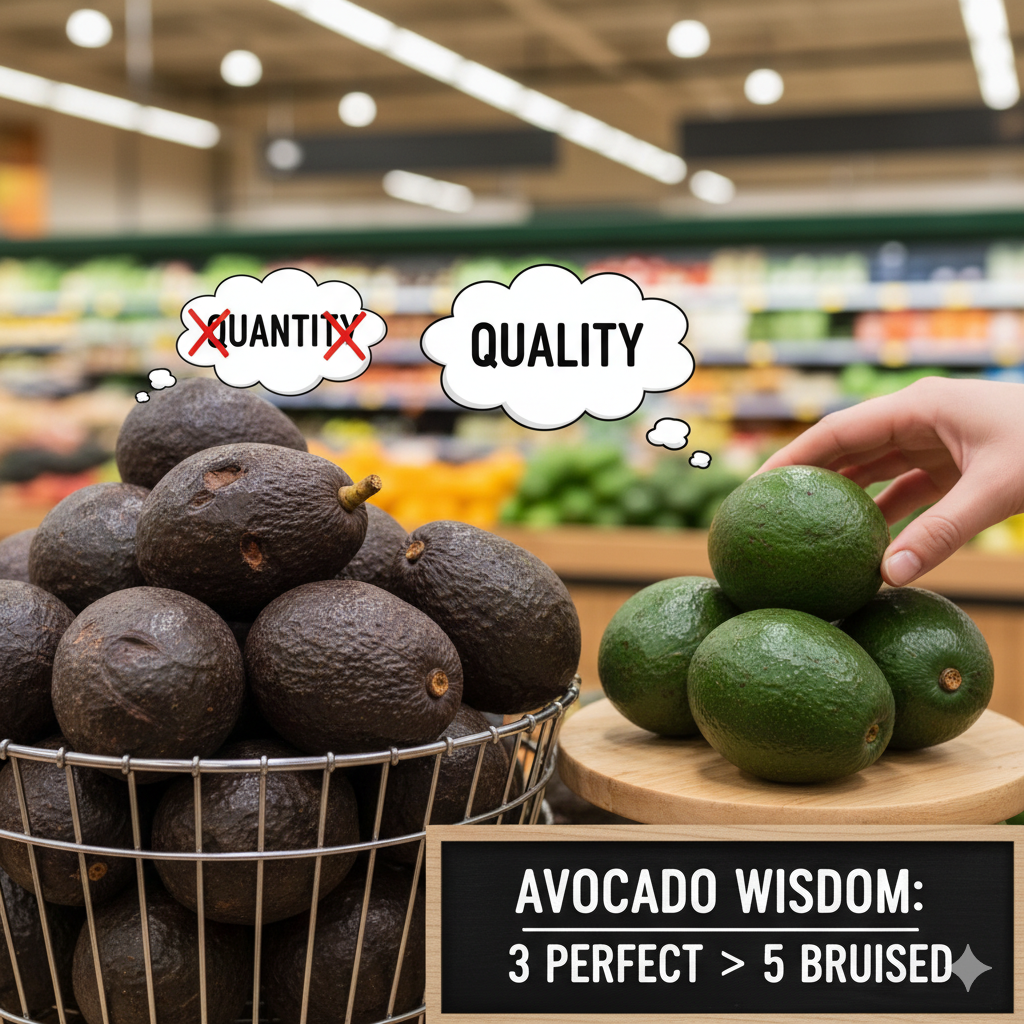Decoding the PA School Application: A Slightly Sarcastic Survival Guide
Alright, future Physician Assistants, gather 'round! So, you're staring down the barrel of the PA school application, huh? It's a glorious, slightly terrifying, and occasionally absurd process. As someone who's waded through enough applications to wallpaper a small clinic, let me offer some (mostly) serious advice, seasoned with a healthy dose of reality.
You've probably got a million questions swirling in your brain. Let's tackle some of those burning inquiries, shall we?
Letters of Recommendation: The Holy Trinity (or Maybe Just a Solid Trio)
How much do recommendations matter, and how many do you want? Go for quality over quantity. Think of it like choosing avocados at the grocery store – five bruised ones aren't better than three perfectly ripe ones.
My take? Aim for a solid 3-4 letters. Think of a mini-constellation of recommenders:
The Clinician: This could be the doctor you work for, a PA you've shadowed extensively, or a nurse practitioner. They can speak to your clinical aptitude and potential. Having a PA in this role can be a nice touch – they've been through the gauntlet themselves and can offer a unique perspective. However, a strong recommendation from an MD or NP who knows you well is gold.
The Manager/Supervisor: This person can vouch for your work ethic, responsibility, teamwork skills, and how you handle pressure. These "soft skills" are surprisingly crucial in the collaborative world of medicine.
The Wildcard (Optional but Potentially Powerful): This could be a professor who knows you well and can speak to your academic abilities and critical thinking, or perhaps someone from a significant volunteer experience who can highlight your compassion and dedication.
Timeline Tango: When to Waltz In with Your Application
With so many different start dates for PA programs, when is the best time to submit your application? Step one is ensuring you have met all prerequisites. After that, check the number of clinical hours required (and/or suggested) by the programs you are applying to. Of course, you must meet the minimum to apply, and read the fine print to see if programs advise more. Here, quantity may be the answer.
Think of it like this: aim to submit as soon as your application is the absolute best it can be. This includes a competitive amount of clinical hours. Just above the minimum is acceptable, but depending on the program’s guidelines, more could help you stand above other candidates.
In addition to quantity, consider diversity in your clinical hours. You can’t possibly experience every aspect of medicine prior to starting school; however, there are some clinical experiences that give you a broader base than others. For example, if you have most of your hours in a dermatology clinic, consider adding some time in urgent care or family medicine.
The Personal Statement: Beyond the "Aha!" Moment
Ah, the personal statement. The place where many aspiring PAs attempt to transform into literary geniuses overnight. My biggest pet peeve? The cliché origin story. We've all heard the "I broke my arm and the PA was so inspiring!" narrative. While genuine, it doesn't exactly scream "unique."
Instead, dig deeper. Think of a specific patient encounter, a challenging experience, or a moment that truly solidified your "why PA?" Don't just describe it; reflect on it. What did you learn? How did it shape your understanding of medicine or your desire to become a PA?
And for the love of all that is holy, avoid simply regurgitating the prompt. If they ask about your unique qualities, don't start with "One of my unique qualities is..." Show, don't tell.
The "Uniqueness" Unicorn: Finding Your Inner Sparkle
When programs ask about what makes you unique, they're not necessarily looking for someone who climbed Mount Everest while juggling flaming torches (though that would be… memorable). They want to understand what you bring to the cohort. Think about your diverse experiences, perspectives, and skills.
Maybe you have a background in a completely different field that gave you valuable problem-solving skills. Perhaps you've overcome significant challenges that demonstrate resilience. Maybe you have a deep understanding of a particular patient population.
Instead of trying to invent some fantastical persona, focus on the genuine experiences and qualities that have shaped you. That fascination with puzzles and math leading to an appreciation for the diagnostic process? That's way more compelling than another generic "I love helping people" statement.
Parting Shots: Nuggets of Wisdom from the Trenches
Alright, my eager applicants, here are a few more golden (or at least bronze) nuggets to tuck in your application toolkit:
Proofread. Relentlessly. Typos and grammatical errors scream "rushed" and "careless." Have multiple people review everything.
Tailor to the Program. Don't send the exact same generic statement to every school. Research each program's mission, values, and focus, and subtly weave in how you align with them.
Be Authentic. Don't try to be someone you're not. Authenticity shines through and is far more engaging than forced perfection.
Beware the AI Overlords (Maybe). Tools like ChatGPT can be helpful for brainstorming or refining awkward sentences, but don't let them write your soul. Your voice should be yours. Programs might be developing ways to detect AI-generated content, and you don't want to look like you outsourced your passion.
The PA school application process can feel like navigating a dense jungle. But with thoughtful preparation, genuine reflection, and a touch of humor to keep you sane, you'll make it through. Now go forth and craft those compelling applications!


